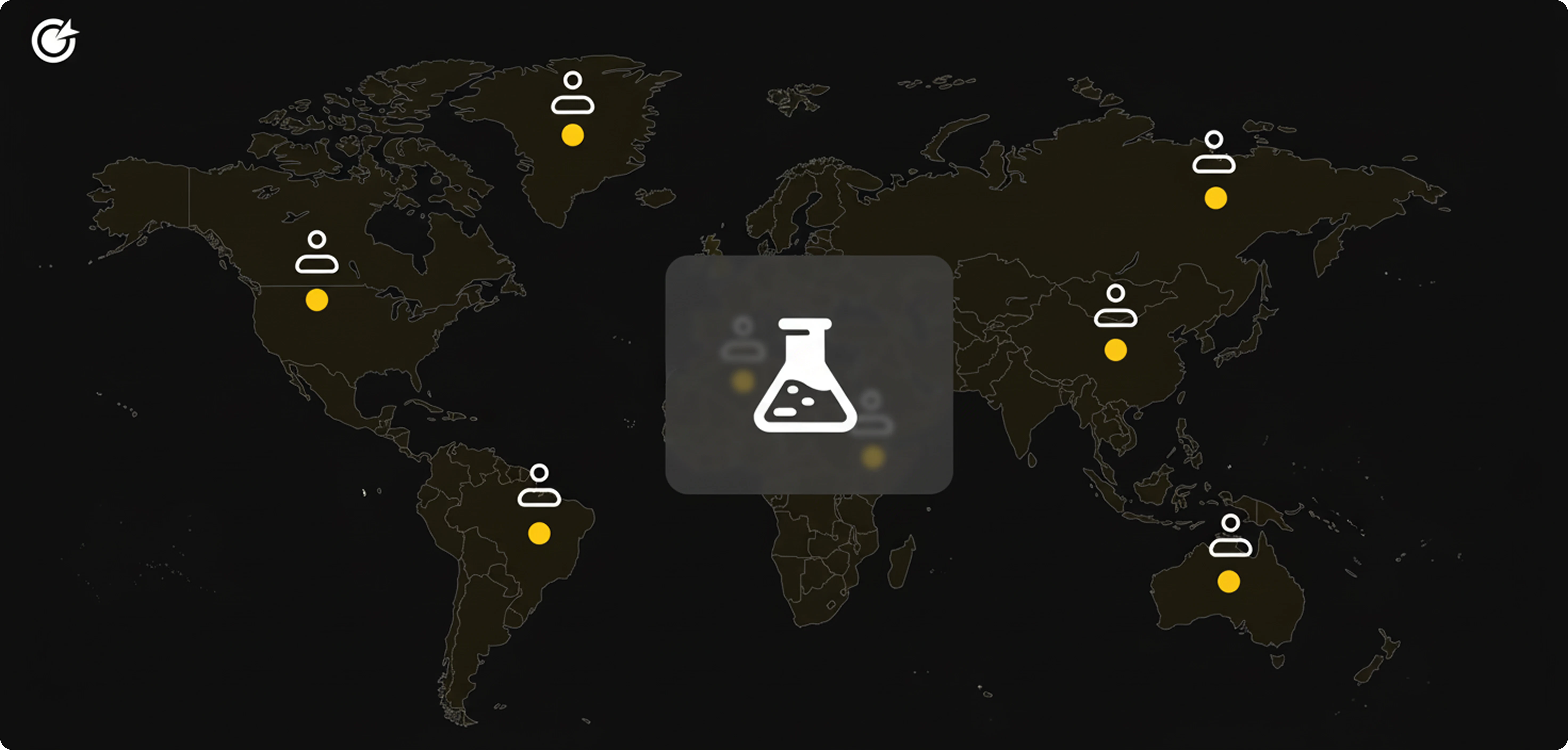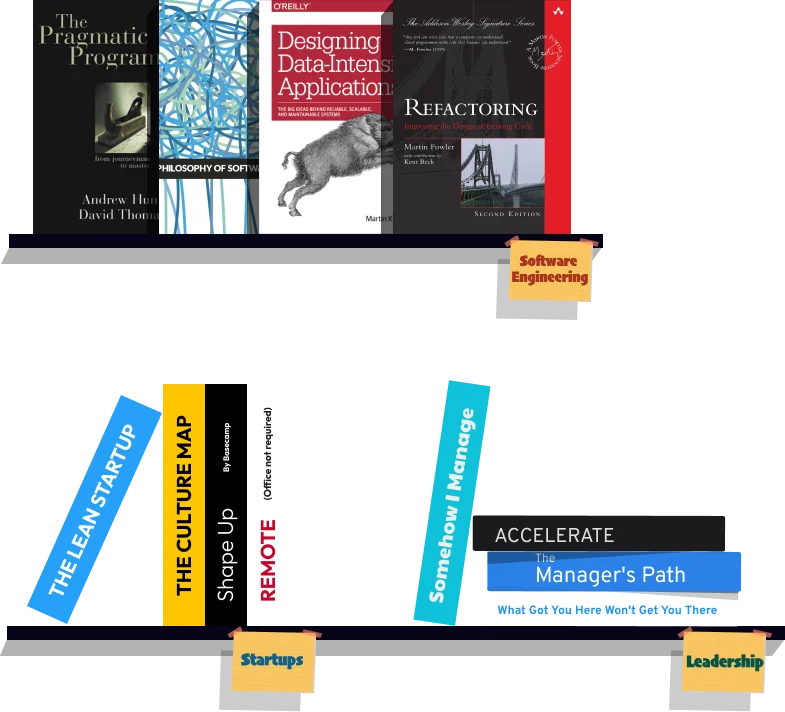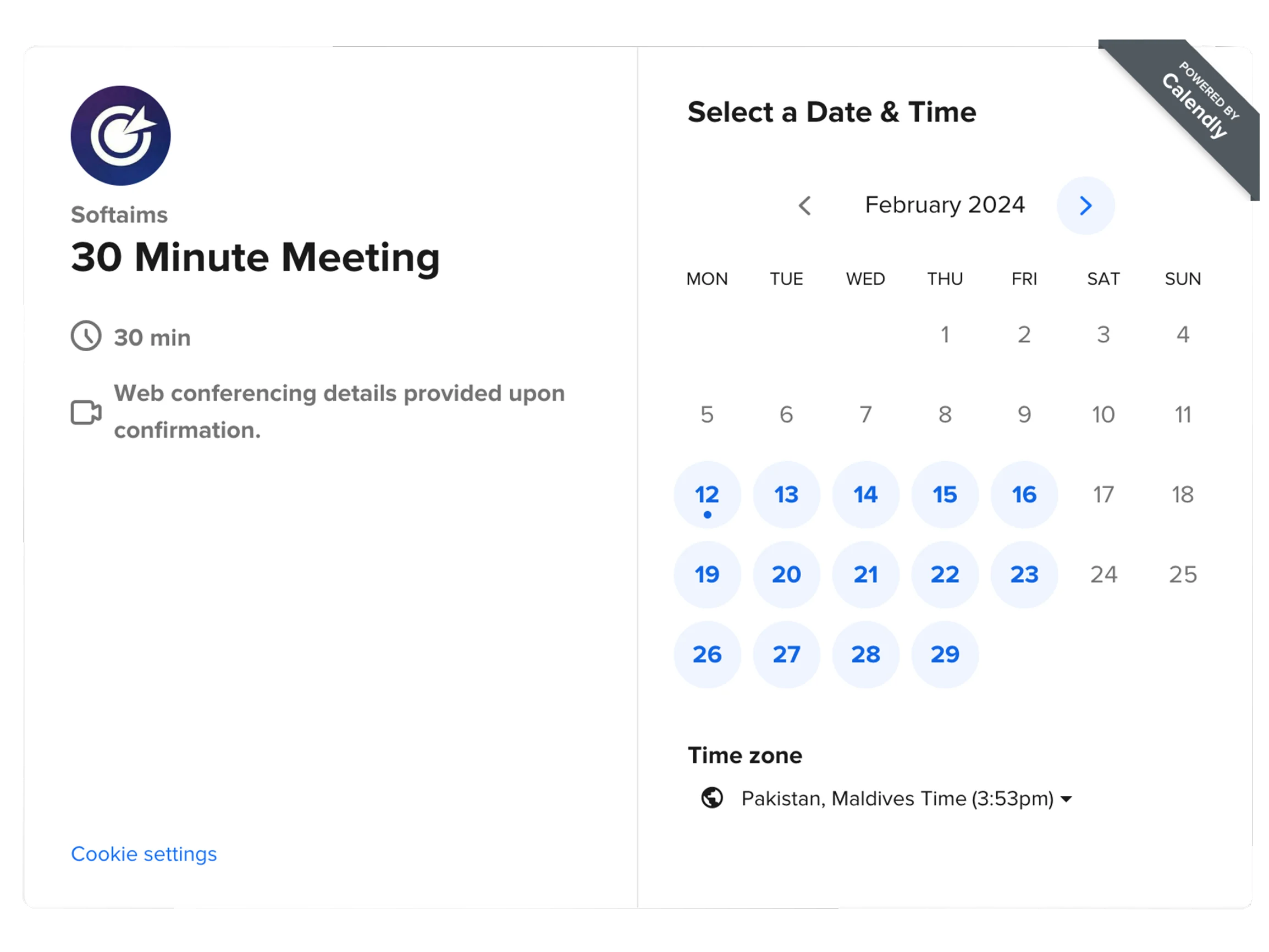The Power of Simplicity with a Flask Developer
A Flask developer is a specialized Python engineer who excels at building clean, lightweight, and highly customizable web applications and APIs. They leverage the power of Flask's "micro-framework" philosophy, which provides a solid core of functionality without imposing a rigid structure, giving them the freedom to choose their own tools and design patterns.

Hiring for this role means finding a developer who values simplicity, flexibility, and control. Their expertise is crucial for building everything from simple microservices and RESTful APIs to complex, bespoke web applications where a more opinionated, "batteries-included" framework would be overkill.
Expertise in Python Fundamentals
First and foremost, a Flask developer must be an expert in Python. Since Flask is a Python framework, a deep and practical understanding of the language itself is an absolute prerequisite. This includes a mastery of Python's data structures, a strong grasp of object-oriented programming, and comfort with its packaging and virtual environment ecosystem.
This strong Python foundation is essential for writing clean, efficient, and "Pythonic" code. A developer who understands concepts like decorators, which are used extensively in Flask for routing (e.g., @app.route('/')), is a developer who can fully leverage the elegance and power of the framework.
Flask Core Concepts
A proficient Flask developer must have a complete understanding of the framework's core concepts. This includes a mastery of the application factory pattern for creating application instances, the request and response objects for handling HTTP communication, and the use of blueprints for organizing a larger application into a set of reusable components.
They must be an expert at defining routes and view functions to handle incoming requests and return responses. A key skill is understanding the application and request contexts, which are fundamental to how Flask manages state during the lifecycle of a request.
Routing and View Functions
The heart of any Flask application is its routing system, which maps URLs to the Python functions that handle them. A candidate must be an expert at defining routes using the @app.route() decorator. This includes handling different HTTP methods (methods=['GET', 'POST']) and creating dynamic routes with variable parts (e.g., /user/<username>).
They should be skilled at writing clean and focused view functions that can process incoming data from the request object and generate an appropriate response. The ability to structure the routing of a complex application in a logical and maintainable way is a core competency.
Template Rendering with Jinja2
For applications that serve HTML directly, a Flask developer must be proficient with the Jinja2 template engine, which is the default for Flask. They should be able to pass data from their view functions to a template and use Jinja2's powerful syntax to render that data dynamically.
This includes expertise with template logic like loops and conditionals, as well as an understanding of template inheritance for creating a consistent layout across the application. The ability to create dynamic and reusable HTML templates is a key skill for building traditional web applications with Flask.
Database Integration and ORMs
Flask is unopinionated about database access, so a developer must be skilled at integrating it with a database. A core skill is proficiency with a powerful Object-Relational Mapper (ORM) like SQLAlchemy, which is the most popular choice in the Flask ecosystem. This is typically done via the Flask-SQLAlchemy extension.
They need to be able to define database models, write queries to create, read, update, and delete records, and manage database schema changes using a migration tool like Alembic (via the Flask-Migrate extension). While Flask gives them the freedom to choose, expertise with this common stack is a strong indicator of a professional developer.
Building RESTful APIs
One of the most common use cases for Flask is to build lightweight and high-performance RESTful APIs. A candidate must be an expert at designing and building clean and logical APIs. They should be able to handle incoming JSON data, process it, and return a properly formatted JSON response.
While Flask can be used to build APIs with no extra tools, experience with a library like Flask-RESTful or Marshmallow for serialization and validation can be a huge plus. The ability to create a secure, well-structured, and performant API is a critical skill for any modern backend developer.
Testing Flask Applications
A commitment to quality is essential, and a professional Flask developer must be disciplined about writing automated tests. They should have hands-on experience with a Python testing framework, with Pytest being the modern and popular choice, and an understanding of Flask's built-in testing utilities.
They need to be able to write unit tests for their business logic and integration tests that use Flask's test client to make requests to the application's endpoints. The ability to write a test like response = client.get('/') and then assert response.status_code == 200 is fundamental to building a reliable and maintainable application.
Authentication and Security
A Flask developer is responsible for securing their application, and they must be knowledgeable about common web vulnerabilities and how to prevent them. This includes a deep understanding of how to protect against attacks like Cross-Site Scripting (XSS) and SQL injection.
They must have experience implementing user authentication and session management, often using a library like Flask-Login or by implementing their own token-based authentication (e.g., with JWTs) for APIs. They should also know how to securely store passwords by hashing them. A security-first mindset is a non-negotiable trait.
Deployment and The WSGI Standard
Building an application is only half the job; a developer also needs to know how to deploy it. A well-rounded Flask developer must understand the Web Server Gateway Interface (WSGI) standard, which is how Python web applications communicate with a web server. They should have experience deploying their application with a production-grade WSGI server like Gunicorn or uWSGI.
They should also be familiar with placing a web server like Nginx in front of their WSGI server to act as a reverse proxy. Experience with containerizing their Flask application with Docker is also a key skill for ensuring a consistent and reproducible deployment process.
How Much Does It Cost to Hire a Flask Developer
The cost to hire a Flask developer, a specialized Python engineer, is competitive and reflects the high demand for building lightweight, scalable microservices and APIs. The salary is influenced by their geographic location, overall years of experience, and their proficiency with the broader Python ecosystem and cloud technologies.
Tech hubs in North America and Western Europe typically have the highest salary ranges. The following table provides an estimated average annual salary for a mid-level developer with strong Flask expertise.
| Country |
Average Annual Salary (USD) |
| United States |
$125,000 |
| United Kingdom |
$85,000 |
| Germany |
$80,000 |
| Canada |
$95,000 |
| Australia |
$90,000 |
| Poland |
$55,000 |
| Ukraine |
$52,000 |
| India |
$36,000 |
| Brazil |
$46,000 |
| Netherlands |
$82,000 |
When to Hire Dedicated Flask Developers Versus Freelance Flask Developers
Hiring a dedicated, full-time Flask developer is the best choice for building and maintaining a suite of microservices or a core backend API that is central to your business. A dedicated developer can take ownership of the architecture and ensure consistency and best practices are followed as the system evolves over the long term.
Hiring a freelance Flask developer is a highly effective tactical decision for specific, well-defined projects. This is an ideal model for building a single microservice, creating a quick proof-of-concept, or developing a simple API for a new product. Freelancers offer the speed and flexibility needed to get a project off the ground efficiently.
Why Do Companies Hire Flask Developers
Companies hire Flask developers for the framework's simplicity, flexibility, and high performance. Because Flask is a micro-framework, it does not come with a lot of built-in components, which makes it extremely lightweight and fast. This makes it a perfect choice for building microservices, where a small footprint and fast startup time are critical.
Furthermore, Flask's unopinionated nature gives developers the freedom to choose their own libraries and tools, allowing them to build highly customized solutions that are perfectly tailored to the project's specific needs. This flexibility and control, combined with the power of the Python ecosystem, make Flask an incredibly popular and productive choice for modern backend development.
In conclusion, hiring a top-tier Flask developer requires finding a Python expert who has a deep appreciation for building clean, simple, and highly focused web services. The ideal candidate will combine a mastery of Flask's core concepts with the practical experience needed to build a complete application by thoughtfully selecting and integrating other libraries for tasks like database access and authentication. By prioritizing these skills, organizations can build powerful teams capable of creating the lightweight, scalable, and maintainable microservices that are the foundation of modern software architecture.



































